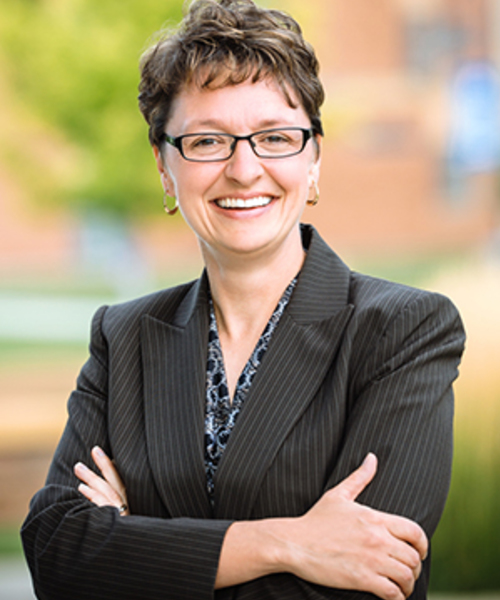Careers for History Majors
Study History. Do Anything.
What can I do with a History major?
The study of history is vital to an understanding of our contemporary world, for we can hardly understand the present moment if we don’t develop an awareness of how it came to be.
History majors learn to recognize the fundamental importance of context, perspective, and contingency to the changes and continuities that occur in the world. These perspectives, paired with a strong focus on written and verbal communication, prepare them to succeed in life after graduation.
Our recent graduates have gotten great jobs in technology, consulting, and government, while many also go on to law school or pursue graduate school in the humanities or sciences. A significant percentage also pursue full-time service work for a year or more, seeking to make a difference in the world by helping others.
Skills you'll learn
- Effective oral communication
- Strong writing
- Ability to analyze and solve problems with people from different backgrounds
- Teamwork
- Ability to form persuasive arguments
- Critical thinking and analytical reasoning
- Ability to apply knowledge to real-world settings
- Ethical judgment and decision making
- Ability to bring historical context to current events

Amy Novak '93
President of Dakota Wesleyan University
As the head of DWU, Novak creates a strategic vision, builds community partnerships, and strives to acquire resources to strengthen her institution—utilizing skills she honed at Notre Dame.
“I feel very comfortable researching and delving into problems, trying to come up with creative solutions. I often draw on my history degree when I speak, because I think there are lessons from our past that can inform our future.”
-
Amy Novak '93
President of Dakota Wesleyan University
As the head of DWU, Novak creates a strategic vision, builds community partnerships, and strives to acquire resources to strengthen her institution—utilizing skills she honed at Notre Dame.
“I feel very comfortable researching and delving into problems, trying to come up with creative solutions. I often draw on my history degree when I speak, because I think there are lessons from our past that can inform our future.”
-
Jose Fernandez '16
Investment Banking Analyst at Stifel Financial Corp.
"History has always been a passion of mine, and Notre Dame’s history program sparked my intellectual curiosity and provided the academic rigor and skills development that I sought in a major. In addition to the great professors I had, the program challenged me to think outside the box, to question what I was studying, and to create my own opinions and conclusions.
More importantly, the program helped me develop the necessary analytical skills to effectively formulate and support my opinions and conclusions."
-
Dave Finocchio '05
Co-Founder, CEO at Bleacher Report
“The one rule I hung on to in my own head was that I wanted to do something I was truly passionate about—that was kind of my guiding force. It was the lens through which I saw the world.”
Every day, Finocchio says, he still uses the storytelling skills he honed in history classes at Notre Dame.
“I loved history because it’s the story of the world. And at the end of the day, I tell stories to readers and viewers to make our content as compelling as possible. "
-
Nicole Hurd '92
Founder and CEO, College Advising Corps
Hurd says it was her own experiences as a History major that helped nurture her commitment to social justice and the idea that every child deserves access to an education that will prepare them for the future. It also allowed her to develop the skills she relies on every day to help fulfill that mission.
“As a history major, I had to write, ask questions, research, make convincing arguments, engage in scholarly debate, and appreciate others’ narratives and stories. From fundraising to developing new programs, training advisers, or working with our team, communication is critical.”
-
Patrick Burke
Senior Director of Player Safety of the National Hockey League
As a freshman at Notre Dame, Burke intended to major in business, but after one class, he decided to focus his studies on the topic he had always enjoyed growing up—history.
"I wanted to spend my four years doing something I was passionate about. I figured if a company didn’t want to hire me because I hadn’t taken a certain calculus or statistics class, then that job probably wasn’t for me anyway.
The history major has so many practical applications in the corporate world, I could change jobs tomorrow, and I’m convinced I would make myself an asset based on those skills.”
97% In the last five years, 97 percent of History majors found full-time employment, enrolled in graduate school, entered service programs, joined the military, or launched independent projects within six months of graduation.
Further Reading
Source: Outcomes data comes from Notre Dame Center for Career Development's first destination reports 2017–2021.